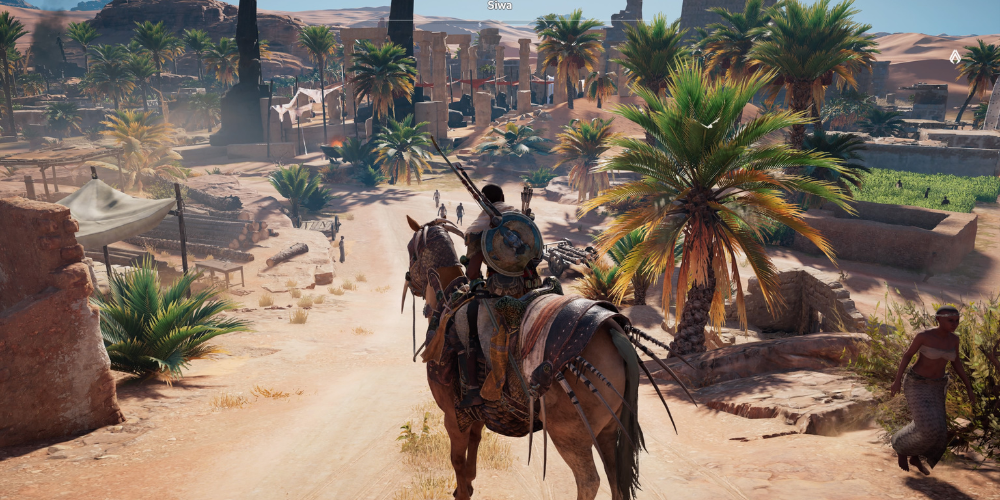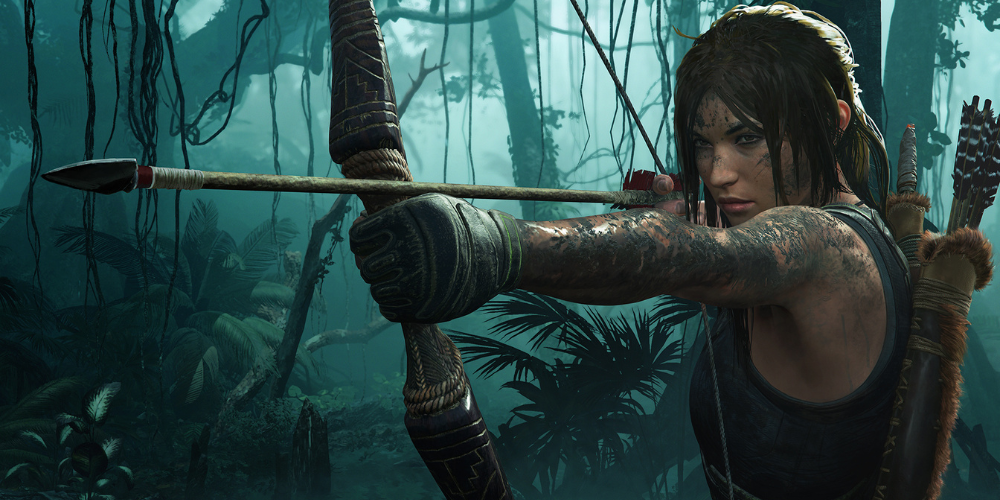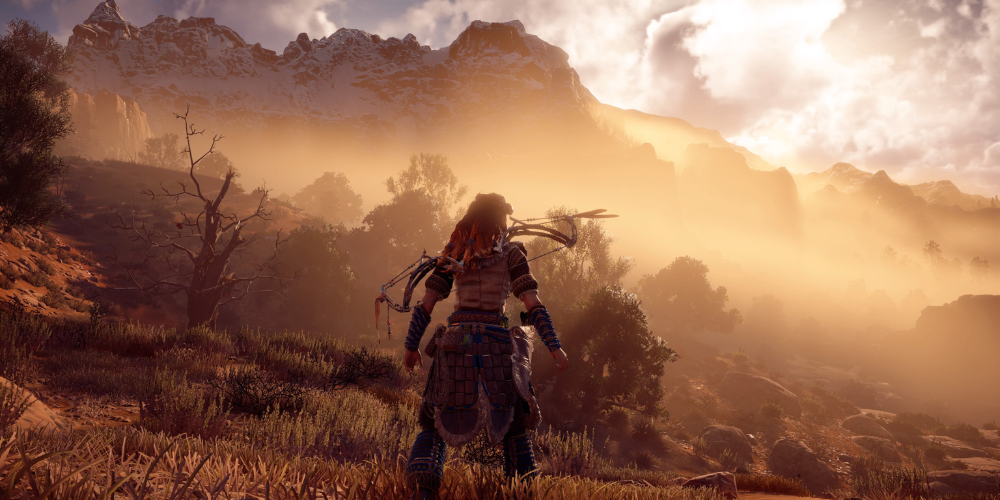Diversity Representation in Computer Games: Progress, Challenges, and Possibilities
- May 17, 2024
- 823

The road to diversity representation in computer games has been a long one, interspersed with both victories and setbacks. In an era where societal culture champions inclusivity and people desire to see themselves mirrored within their favorite hobbies, computer gaming companies are increasingly making efforts towards incorporating diversity in terms of race, gender, ethnicity, sexual orientation and disability. The progress made is laudable, but there remain clear challenges and endless possibilities for the future.
Diversity Representation - Recognizing Progress

The world of computer games was once dominated by male-centric characters disproportionately skewing towards Caucasians. Today, we've seen significant headway in advancing diversity. Games such as Overwatch and Apex Legends have done commendable jobs of including a wide array of characters with diverse ethnicities, genders, body types and orientations.
Assassin's Creed: Origins placed us right in the heart of Ptolemaic Egypt with compelling African protagonists at the center stage, while Watch Dogs 2 featured a black male protagonist, pushing back against the stereotype associated with black characters in video games.
Furthermore,the advent of increased customization elements in popular MMORPGs like Final Fantasy XIV or sandbox titles like Minecraft allow players to decide virtually every facet of physical appearance – giving players control over how they are represented.
Unresolved Challenges

Despite these advancements, there still remains a lot that needs to be accomplished. Regrettably, stereotyping is rife within game narratives; racial or ethnic minorities are too often either underrepresented or depicted through clichéd roles reinforcing negative stereotypes.
Gender misrepresentation poses another key challenge. The female gaming community suffers from a chronic lack of substantial representation and, when present, is often depicted using unrealistic body proportions objectifying women, triggering issues like ‘body shaming'.
Moreover, the representation of LGBTQ+ individuals is also scanty at best but superficial when present, focusing mostly only on their sexual orientation rather than exploring an array of various factors that define these characters.
Lastly, disability in games is another area that is still hugely underrepresented and can often come across as tokenistic when attempted.
The Future - Expansion of Diversity

Looking ahead, a vast realm of possibilities awaits the gaming industry to further bridge the representation gap. Game developers need to bring forth a holistic portrayal of marginalized communities by creating nuanced characters with depth reflecting the struggles they face while simultaneously showing them engrossed in normal daily life activities or playing heroic roles.
Sexual orientation physical and mental disabilities need to not simply exist as categories on a character creation slide but woven into the storylines, making them innate characteristics which resonate with players alike.
The introduction and rise of independent game development has created spaces for diverse voices who can now tell their stories through narrative-driven games; this will accelerates better representation as diverse creators inevitably create more diverse characters and storylines.
Moreover, game companies must also bring diversity behind screen hiring from underrepresented groups who will carry direct knowledge about these social identities enriching authenticity during character creation. This not only improves diversity on-screen but has a considerable impact off-screen in terms strengthening inclusivity within workspaces.
Bottom Line
Progress towards diversifying computer games has been met with resistance at different junctures; however, the gradual shift towards inclusivity is tangible. Developers have started understanding that audiences seek games wherein they can identify themselves which substantially enhances overall user experience. Despite lingering challenges, the possibilities are endless for improving representation in computer games – it just requires innovation and sensitivity from those entrusted with creating exciting new worlds for us all to enjoy.